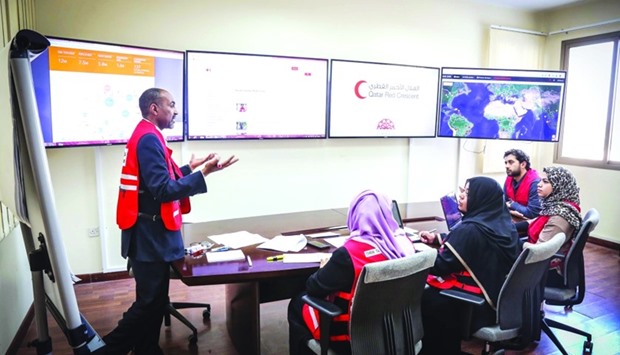According to reports by United Nations humanitarian agencies such as the Food and Agriculture Organisation (FAO), Unicef, and World Food Programme, a state of famine was declared in northern parts of South Sudan.
The current crisis has affected some 100,000 people in the Unity State and more than 1mn are at risk.
Around 4.9mn people or 40% of the population are in dire need of emergency food and agricultural aid.
Unless large-scale food supplies are provided, this figure is expected to increase to 5.5mn as food insecurity persists with the drought reaching its peak in July.
More than 1mn children suffer malnutrition, one fourth of whom are severely malnourished. This is the worst hunger crisis to hit South Sudan since the eruption of war three years ago. Climate change added to the plight and displaced thousands.
Forming a level-A public health emergency, malnutrition is exacerbated by the widespread fighting, displacement, and lack of health services.
The war-torn country has a failing economy, high inflation rates, and insecurity. The war's toll also includes 1.9 internally displaced people (IDPs) and 1.3 million refugees.
Since its inception in South Sudan in 2013, QRCS conducted water, sanitation, and health care projects with funding from the Qatar Fund for Development.
QRCS is one of the active relief providers to refugee camps of Juba, in addition to drilling water wells and building sanitation facilities.

QRCS monitors the situation in South Sudan.
Qatar Red Crescent (QRCS) has activated its Disaster Management Information Centre to closely monitor the situation in the famine-hit South Sudan as it prepares to send a relief mission.
